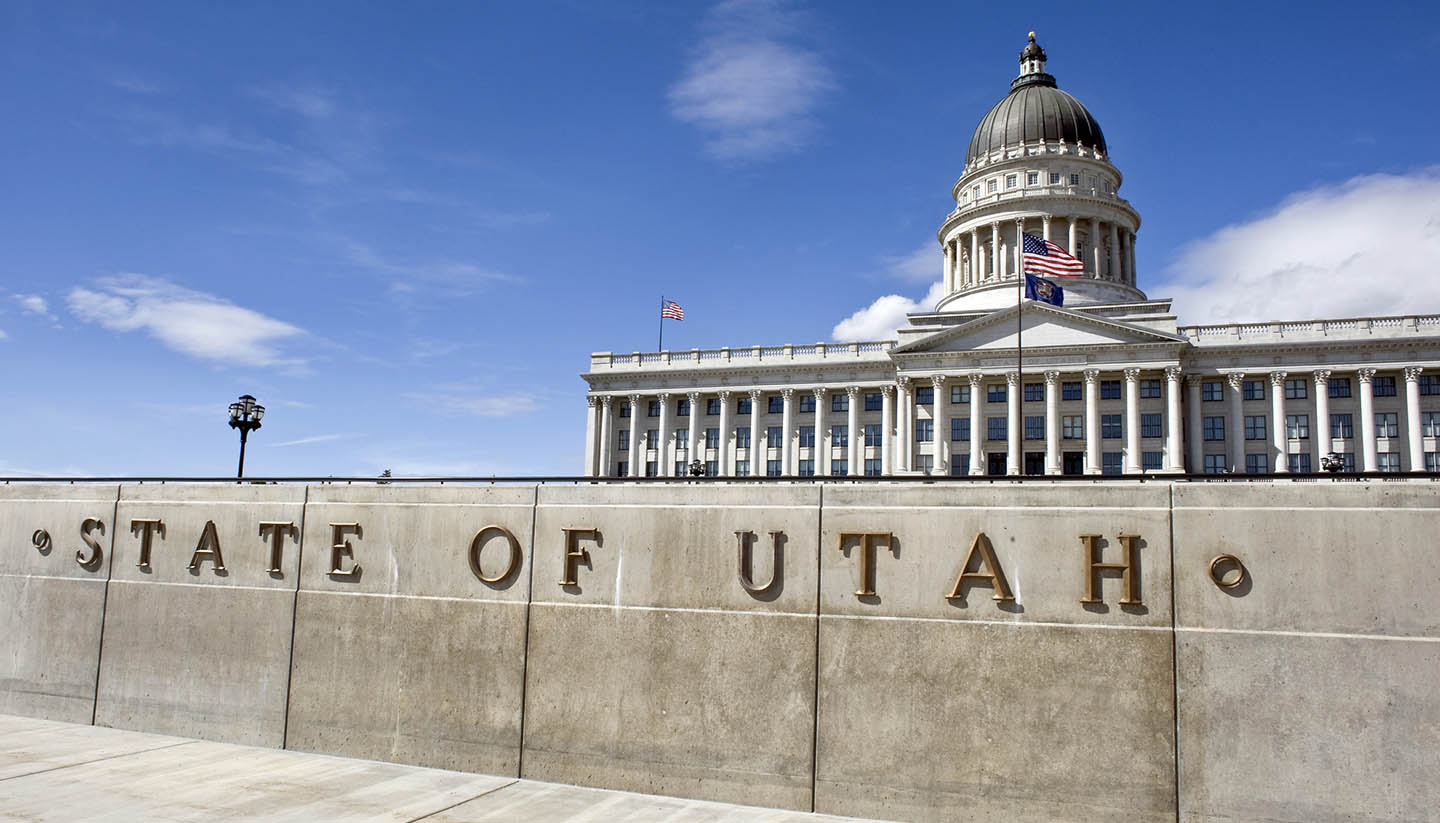Utah History, Language and Culture
History of Utah
The first inhabitants of Utah can be traced back 12,000 years ago when the Palaeolithic people lived near the marshes of the Great Basin. Spanish explorers and fur trappers passed through en route to the California coast but until 1847 when the Mormon pioneers arrived, the area was home to Native American groups such as the Northern Shoshone and Navajo tribes.
After seeing no permanent Indian settlements in Salt Lake Valley, the members of The Church of Jesus Christ of Latter-day Saints, popularly known as Mormons, set up their community. At that time, the land was owned by Mexico, but after losing the Mexican-American war, Mexico signed the Treaty of Guadeloupe Hidalgo which ceded this land to the US. Conflict with the Shoshone Indians over recompense for the lands taken, arose but their claims were rejected.
Previous petitons for statehood having been rejected, in 1850 the Utah Territory was created with the Compromise of 1850. But tension grew between the federal government and the Mormons when in 1854 the polygamous practices of the Mormons became public. Many saw this as rebellious and un-American, and this became another obstacle to obtaining statehood, with federal laws against polyamory issued during the 1870s and 1880s.
Due to its geographic position, Utah was not heavily involved in the Civil War. However tensions arose between the Indians and the few soldiers stationed in the area, as the US tried to gain more land and in 1863 the Bear River Massacre saw the US army kill between 200 and 400 Shoshone Indians. Two years later, the seven-year Black Hawk War began, which consisted of 150 battles between the local and federal militia and several Indian tribes.
Utah was one of the first states to grant women suffrage in 1870, second to Wyoming. The vote came to Utah women effortlessly as it was solely promoted by men who were ex-members of the Mormon Church and anti-polygamous advocates for women’s suffrage in the east. However their suffrage was repealed by the Edmunds-Tucker Act, a national effort to rid the territory of polygamy by fining anyone who practiced it and imprisoning them up to five years. The right to vote was finally restored in 1895, five years after the 1890 Manifesto in which the Mormons agreed to drop its approval of polygamy. A year later, the federal government finally granted the territory statehood as long as they included a ban on polygamy in their state constitution.
During the late 20th century century, Utah’s economy boomed as the area became recognised for its natural beauty and national parks were established. As the location of many hit films, like 2001: A Space Odyssey and Forrest Gump, Utah has seen a large boost in tourism, particularly for winter sports and its profile was raised even more with the hosting of the 2002 Winter Olympics.
Utah Culture
Religion in Utah
A large population of the state are still affiliated with the Church of Jesus Christ of Latter-day Saints with 62% of the Utah population being members. Catholics make up 10% of the population, while 28% are non-religious.
Social Conventions in Utah
Because of its strong Mormon influence, Utah holds primarily conservative views. These views are reflected in their alcohol laws, which are the most conservative in the USA. Utah is one of 18 control states, where the state has a monopoly over the wholesaling and retailing of all alcoholic beverages. Currently, the limit for any alcohol beverages sold in convenience stores is 3.2%; anything above that can only be sold in state liquor stores or clubs and restaurants with a liquor license. Liquor is also only served between 1130 and midnight and beer served until 0100.
Utah has the highest fertility rate in the US and because of this, the state offers many family-friendly activities and attractions. Lots of establishments tend to have kids and family discounts and because Mormon families observe Monday evening as a time to spend together, a lot of establishments also offer family discounts on Mondays.
Language in Utah
English is the primary language spoken in Utah with 88% of the population speaking only English. Like most other US states, Spanish is also widely spoken with German and Navajo among the other languages spoken.


